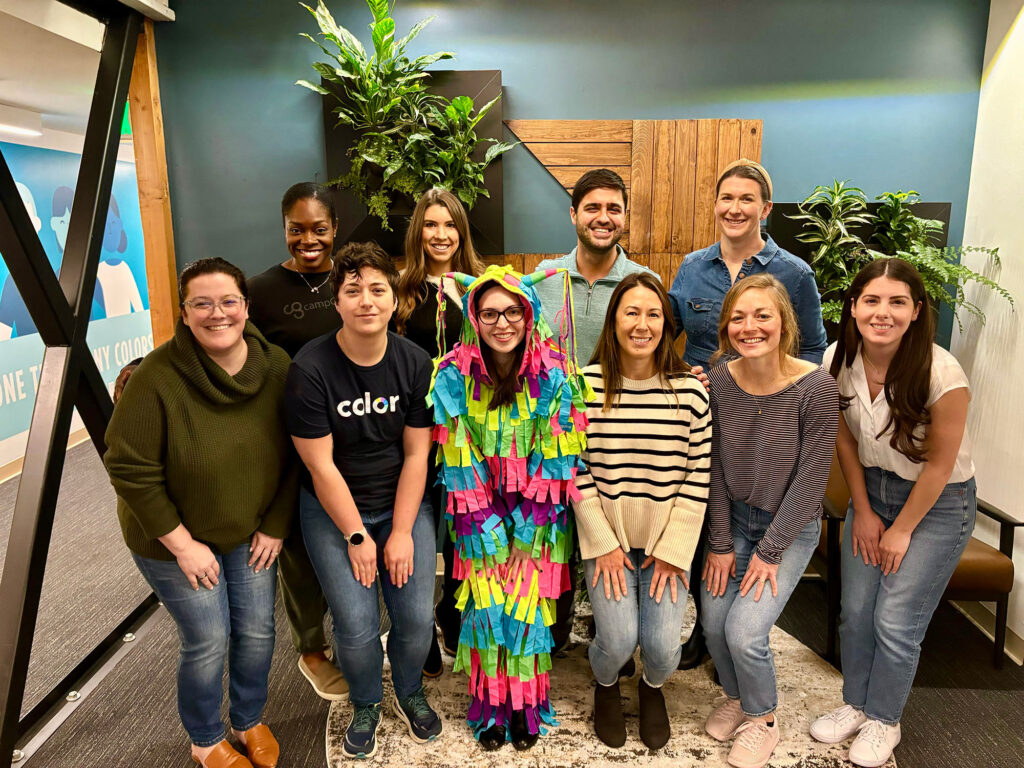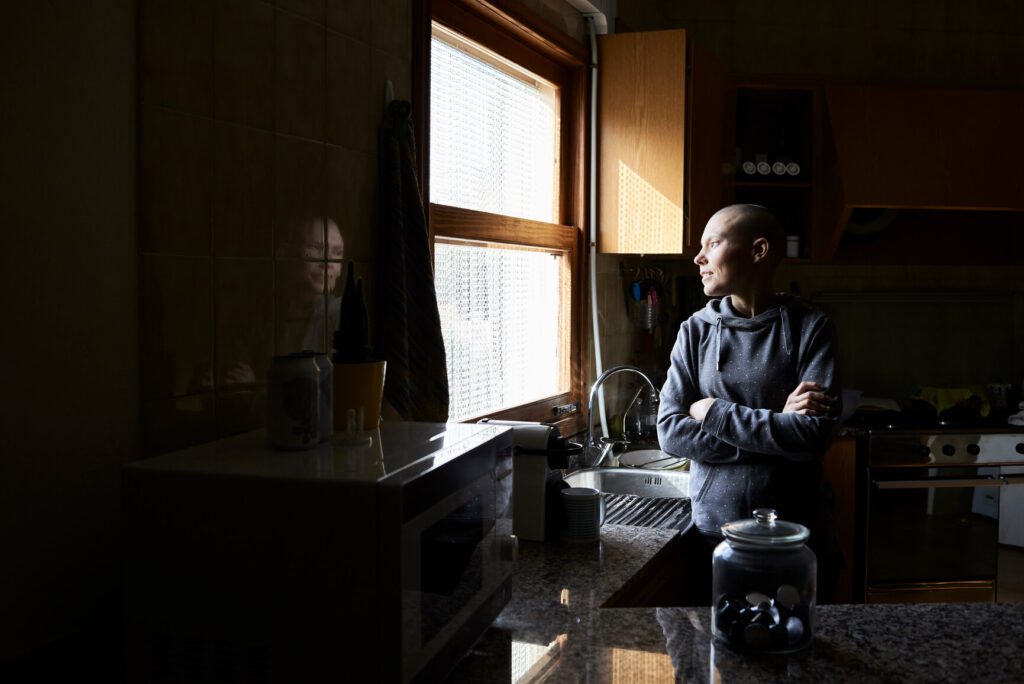News & Articles
“I just tested positive. Does my partner need testing?”
Ryan Corbett
If you receive a positive genetic test result for a hereditary cancer gene, one of the most important things that you can do is share this information with close relatives such as siblings, parents, and children. These family members may have a 50% risk to carry the same pathogenic variant and could be at increased risk for cancer. One person who may also be informative to test is your partner. They may not be your biological relative but testing your partner could reveal important risk information for your children (or future children!).
Many hereditary cancer gene mutations are passed down in an autosomal dominant pattern. This means that a person only needs one abnormal copy of the gene to be at increased risk for cancer. Close relatives (brothers, sisters, parents, children) have a 50% risk to carry the same pathogenic variant. However, there are some hereditary cancer genes where it is possible for an individual to inherit two abnormal copies of the gene (one from each parent). If both partners carry mutations in the same gene, there is a 1 in 4 (25%) chance that a child would inherit both abnormal copies. Having two abnormal copies of a gene often leads to a more severe childhood-onset condition. A genetic counselor can inform you if your specific gene mutation is associated with one these syndromes. Here are a few examples:
- BRCA2: Having one abnormal copy of the BRCA2 gene is linked with an increased risk of breast and ovarian cancer in women, prostate and breast cancer in men, and melanoma and pancreatic cancer in both men and women. Two abnormal copies of the BRCA2 gene can cause a condition called Fanconi anemia. Individuals with Fanconi anemia typically have physical abnormalities such as short stature, limb abnormalities, and a small head size. Most individuals have bone marrow failure and an increased risk for leukemias and other cancers.
- ATM: Having one abnormal copy of the ATM gene is linked to a moderate increased risk for breast cancer in women and possibly pancreatic cancer. Two abnormal copies of the ATM gene cause a condition called Ataxia Telangiectasia. This condition can cause lack of muscle control, which typically begins between ages 1–4. Telangiectasias (dilated blood vessels) can develop on their skin and in the eye. Many individuals with Ataxia Telangiectasia have weakened immune systems and can get frequent infections. There is also high risk for blood cancers.
- MLH1, MSH2, MSH6, PMS2, EPCAM: Having one abnormal copy of these genes cause Lynch syndrome, which is associated with an increased risk of colon, endometrial, and other cancer types during adulthood. Two abnormal copies of the Lynch syndrome genes cause a childhood cancer syndrome condition called Constitutional Mismatch Repair Deficiency syndrome (CMMRD). Children with CMMRD have a high risk for blood cancers, brain tumors and gastrointestinal cancers. They can also have multiple café au lait macules (flat brown birth marks), hypopigmentation (loss of skin color), and freckling in their armpits.
Even though these conditions are rare, testing your partner can clarify the risk that you may have a child with two abnormal gene copies. This is especially important if your partner has a family history of cancer. There are even technologies that may prevent these conditions, including Preimplantation Genetic Diagnosis (PGD). Learning if your partner also carries a pathogenic variant in a hereditary cancer gene can help you better understand the risks for your children or future children. If you would like to learn more about these conditions you can find a genetic counselor near you through the ‘Find a Genetic Counselor’ search tool available at www.NSGC.org



